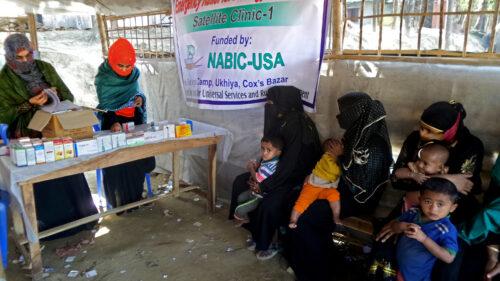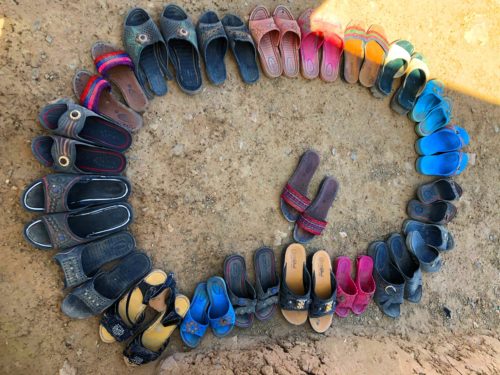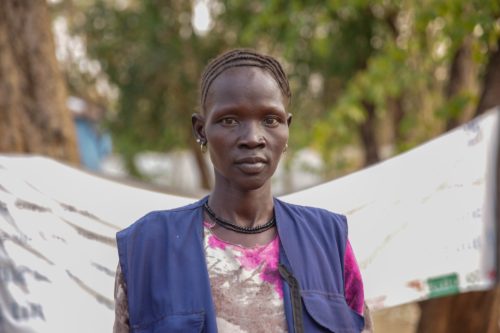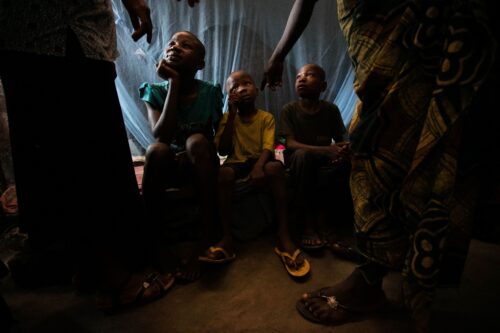
Seven Years Later: Rohingya Genocide Remembrance Day
This month marks seven years since the 2017 “clearance operation” when Myanmar’s military forces, the Tatmadaw, unleashed waves of violence against Rohingya ethnic minorities in Rakhine State, Myanmar. The conflict triggered the expulsion of over 700,000 Rohingya into neighboring Bangladesh, marking the largest and fastest influx into the country. The U.S. government later determined that these attacks constituted genocide and crimes against humanity.

Interaction & ICVA Call on World Bank Group to Update Operational Model
As the planet breaks previous seasonal heat records and forced displacement affects a record…

Russia’s Invasion of Ukraine Leaves Millions Vulnerable to Sexual Exploitation and Abuse
Russia’s invasion of Ukraine has displaced 6.5 million and put millions more in need of humanitarian assistance. Without prevention measures…

Reflections on the Legacy of January 6
One year ago this week, the United States experienced an act of political violence that tested the very foundation of…

NGOs Call for Urgent Congressional Action to Prevent and Address Civilian Harm
On November 30, 2021, InterAction and 23 NGOs submitted a letter to Congress calling for urgent and sustained Congressional…

Joint InterAction and Alliance for Peacebuilding Statement: The U.S. Must Protect Afghan Partners and Civil Society
InterAction and the Alliance for Peacebuilding, the two largest networks of international development, humanitarian, and peacebuilding organizations with…

The Seeds Are Not the Problem
One of the most significant hardships that farmers in Africa are experiencing is the reality of climate change. It is…

Are We in the Dark When it Comes to Humanitarian Crises?
Have you heard the story of the man who drops his housekeys? Walking home at night, a man realizes that…

The Urgency of Green Recovery from COVID-19
The COVID-19 origin story is still unfolding. From bats to potentially a pangolin, to humans in wildlife markets in…
